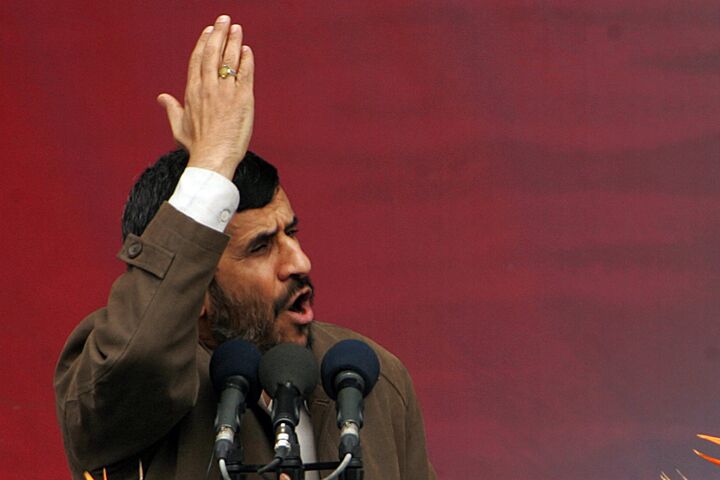
Iran Maintains Violent Presence in Iraq
Iranian-backed groups in Iraq have increased their attacks over the past few months, according to a U.S. government official.
David Satterfield, the State Department’s Iraq coordinator, said last week:
Iran remains, we believe, determined to pursue its goal of departure of U.S. forces under as difficult circumstances as possible, both as a means of securing its ambitions in Iraq per se as well as projecting through and beyond Iraq its broader regional and … international ambitions. Iran remains lethally engaged in terms of providing training and equipment to the most radical and the most violent forces in Iraq. Attacks by those forces continue. …
If there was any demonstration that there was a certain degree of toning down of that violence, the increased attacks on Basra Air Station, the increased efp attacks, would certainly vitiate that argument
Satterfield also pointed to the increase in attacks against the United States using armor-piercing weapons, believed to have come from Iran.
At the same time, Iran has announced that it will hold a new round of talks with the U.S. on the future of Iraq. Iran’s foreign minister has also announced that President Mahmoud Ahmadinejad will visit Iraq before the Iranian new year on March 20.
Iran then, is demonstrating that it still has power in Iraq. Tehran wants to get the most concessions possible from the U.S. in future negotiations.
Analyst George Friedman brings out another interesting point in his weekly intelligence report:
The decline in intra-communal violence is attributable to two facts. The first is the alliance between the United States and Sunni leaders against al Qaeda, which limited the jihadists’ ability to strike at the Shia. The second is the decision by the Iranians to control the actions of Iranian-dominated militias. The return of Muqtada al-Sadr—the most radical of the Shiite leaders—to ayatollah school and his decision to order his followers to cease fire dramatically reduced Shiite-on-Sunni violence. That would not, and could not, have happened without Iranian concurrence. If the Iranians had wanted the civil war to continue unabated, it would have. The Iranians cannot eliminate all violence, nor do they want to. They want the Americans to understand that they can resume the violence at will. Nevertheless, without the Iranian decision to limit the violence, the surge would not have worked.
Al-Sadr called a six-month cease-fire between his troops, the Mahdi Army, and U.S. forces in August. It expires at the end of this month. As Friedman points out, Iran holds the keys to this cease-fire. If it wants to make life harder for Washington, it simply has Al-Sadr refuse to extend the cease-fire. Then Iraq will explode again.
The U.S. has repeatedly shown that it lacks the will to finish what it starts. Iraq will be no exception. Rather than dealing with the Iranian problem, watch for the U.S. to negotiate Iraq away in return for a temporary and uneasy peace.
